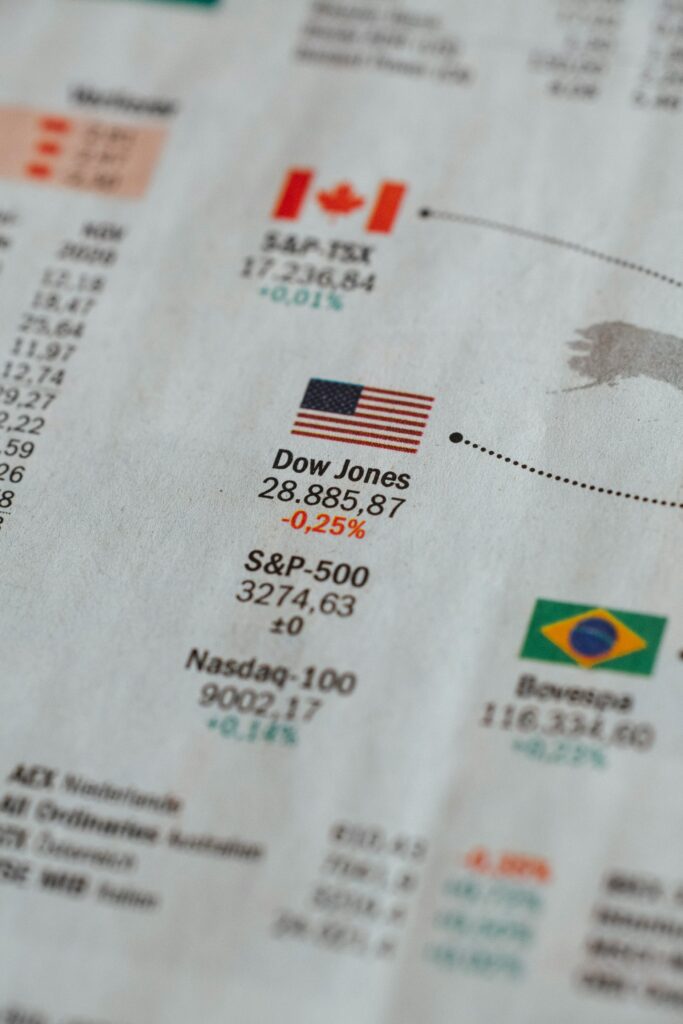In the fast-paced world of forex trading, understanding the government’s impact on forex markets is essential for investors looking to stay ahead. Government actions, such as monetary and fiscal policies, wield significant power in influencing currency values and can lead to varying degrees of market volatility. By gaining insights into how these policies shape the forex landscape, traders can develop robust trading strategies that align with their investment goals. Whether you’re a seasoned investor or just starting out, this guide will serve as your supportive partner in navigating the complexities of currency value influence and market dynamics. Join us as we delve into the intricacies of government influence and equip you with the knowledge to make confident and informed trading decisions. For more information on how geopolitics impacts forex markets, check out this comprehensive guide.
Government Impact on Forex
Government actions play a crucial role in shaping the forex market landscape. Let’s explore how currency values are influenced and how traders can navigate the resulting volatility.
Understanding Currency Value Influence
Government policies and decisions have a significant impact on currency values in the forex market. These influences can come from various sources, including economic indicators, political stability, and international relations.
Economic indicators such as GDP growth, inflation rates, and employment figures directly affect a country’s currency strength. When these indicators are positive, the currency tends to appreciate, and vice versa.
Political stability is another key factor. Countries with stable governments and transparent policies often have stronger currencies, as they inspire confidence in investors and traders.
International relations and trade agreements also play a role in currency value. Positive diplomatic ties and favorable trade deals can boost a currency’s value, while conflicts or trade disputes may lead to depreciation.
Navigating Forex Market Volatility
Forex market volatility is an inevitable consequence of government actions and policies. Understanding how to navigate this volatility is crucial for successful trading.
One effective strategy is to stay informed about upcoming government announcements and economic releases. These events often trigger significant market movements, providing opportunities for savvy traders.
Risk management is essential when dealing with volatility. Using stop-loss orders and limiting leverage can help protect your investments during turbulent times.
Diversification across different currency pairs can also help mitigate risks associated with government-induced volatility. This approach spreads your exposure and reduces the impact of any single event on your overall portfolio.

Analyzing Monetary Policy
Monetary policy is a powerful tool used by central banks to influence their country’s economy and, by extension, its currency value. Understanding its implications is crucial for forex traders.
Monetary Policy and Forex
Monetary policy decisions have a direct and often immediate impact on forex markets. Central banks use various tools to implement these policies, including interest rate adjustments, quantitative easing, and open market operations.
Interest rate changes are particularly significant for forex traders. Higher interest rates typically attract foreign investment, strengthening the domestic currency. Conversely, lower rates can lead to currency depreciation.
Quantitative easing, where central banks increase the money supply, often leads to currency devaluation. This policy is used to stimulate economic growth but can have significant implications for forex traders.
Forward guidance, where central banks communicate future policy intentions, can also influence currency values by shaping market expectations.
Effects on Trading Strategies
The impact of monetary policy on forex markets necessitates adaptable trading strategies. Successful traders often incorporate policy analysis into their decision-making process.
One approach is to focus on currency pairs involving countries with diverging monetary policies. These pairs often exhibit clearer trends and more predictable movements.
Technical analysis can be combined with policy insights to identify potential entry and exit points. For example, traders might look for breakouts following major policy announcements.
Long-term traders may benefit from understanding the broader economic cycle and how monetary policy evolves. This knowledge can inform decisions about which currency pairs to focus on over extended periods.
Fiscal Policy in Forex
While monetary policy is implemented by central banks, fiscal policy is the domain of governments. These policies, including taxation and spending decisions, can have profound effects on currency values.
Fiscal Policy Effects on Currency
Fiscal policy decisions can significantly impact a country’s economic health and, consequently, its currency value. Government spending, taxation, and debt management all play crucial roles.
Expansionary fiscal policies, such as increased government spending or tax cuts, can stimulate economic growth. This growth can lead to currency appreciation if it results in improved economic indicators.
However, if expansionary policies lead to increased government debt or inflation, they may have a negative impact on the currency’s value. Traders must consider both short-term stimuli and long-term sustainability.
Contractionary fiscal policies, aimed at reducing government deficits, can have mixed effects. While they may improve long-term economic stability, they can also slow growth in the short term, potentially weakening the currency.
Adapting Strategies for Policy Changes
Successful forex trading requires the ability to adapt strategies in response to fiscal policy changes. This adaptability is key to capitalizing on opportunities and mitigating risks.
One effective approach is to monitor government budget announcements and economic forecasts. These can provide valuable insights into future fiscal policy directions and potential currency movements.
Traders should also consider the interaction between fiscal and monetary policies. Sometimes these policies work in harmony, amplifying their effects on currency values. Other times, they may counteract each other, leading to more complex market dynamics.
Developing a comprehensive understanding of a country’s economic and political landscape can help traders anticipate fiscal policy changes and their potential impacts on currency values.

